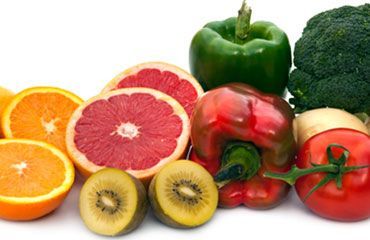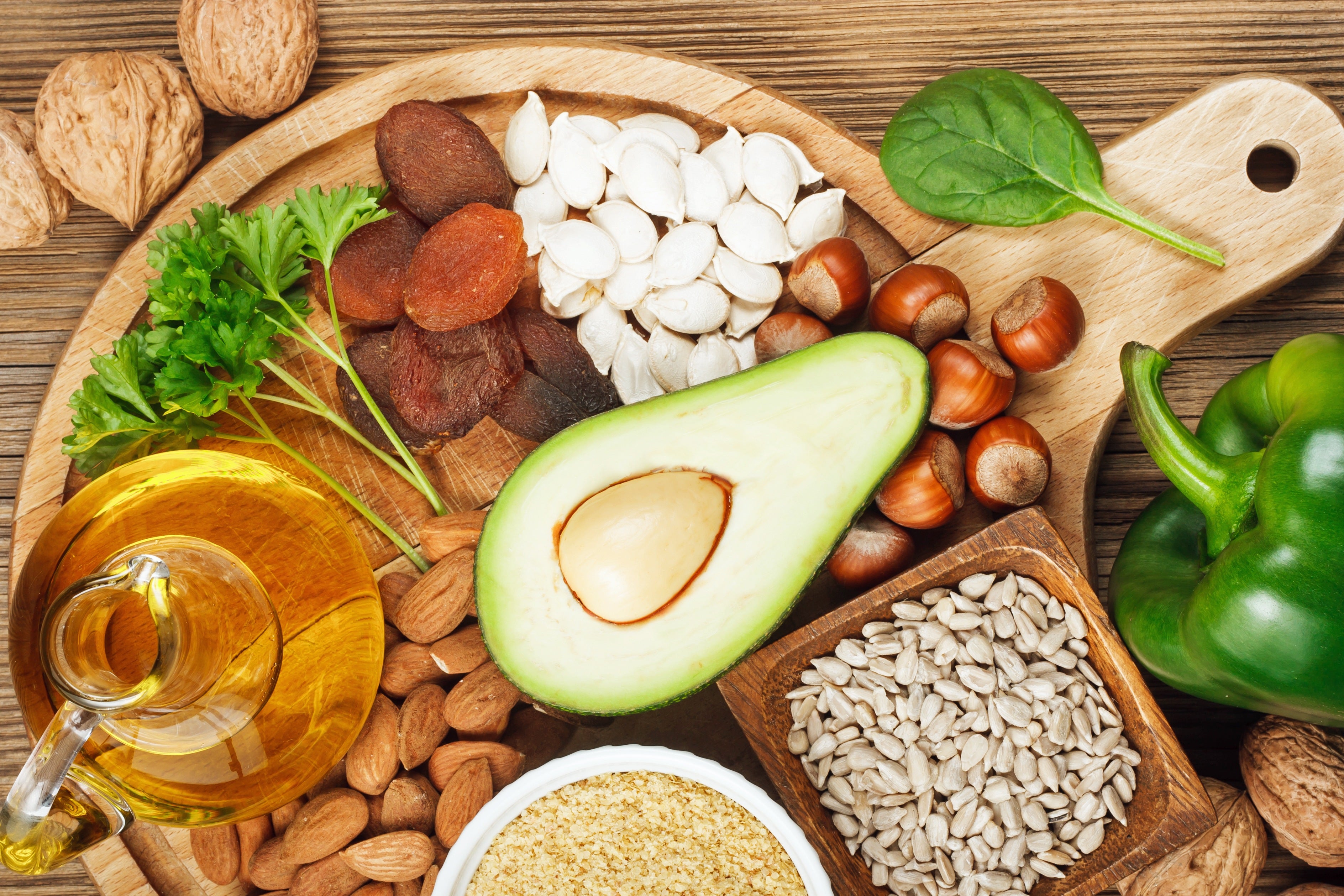Related Topics
Vitamin C
Is a glass of OJ or vitamin C tablets your go-to when the sniffles come? Loading up on this vitamin was a practice spurred by Linus Pauling in the 1970s, a double Nobel laureate and self-proclaimed champion of…

Vitamin E
Vitamin E is a fat-soluble vitamin with several forms, but alpha-tocopherol is the only one used by the human body. Its main role is to act as an antioxidant, scavenging loose electrons—so-called “free radicals”—that can damage cells. [1]…

Vitamin D
Vitamin D is both a nutrient we eat and a hormone our bodies make. It is a fat-soluble vitamin that has long been known to help the body absorb and retain calcium and phosphorus; both are critical for…

Vitamin K
Vitamin K is a fat-soluble vitamin that comes in two forms. The main type is called phylloquinone, found in green leafy vegetables like collard greens, kale, and spinach. The other type, menaquinones, are found in some animal foods…

B Vitamins
You're probably familiar with Vitamin B6 and B12, but did you know there are actually eight B vitamins? B1 (thiamin) B2 (riboflavin) B3 (niacin) B5 (pantothenic acid) B6 (pyridoxine) B7 (biotin) B9 (folate [folic acid]) B12 (cobalamin) These…
Vitamin D’s impact on infection
Coverage in the Harvard Gazette, August 20, 2012, featuring HSPH's Carlos Camargo
Selenium-rich diet may lower type 2 diabetes risk
People with high levels of selenium in their bodies were found to have as much as a 24% lower risk of developing type 2 diabetes than those with the lowest levels of the mineral, according to a new…
Vigorous exercise linked to higher vitamin D levels, lower heart disease risk
It’s long been known that vigorous exercise lowers heart disease risk. Now, new research from the Harvard School of Public Health (HSPH) suggests some new reasons why that’s so—most notably, that it boosts vitamin D. Researchers found that…
Eating fish may lower stroke risk
Eating fish a few times a week may be beneficial in lowering stroke risk, according to a new meta-analysis. Researchers examined results from 15 previous studies to summarize the evidence linking fish consumption and stroke risk. According to…
Vitamin A supplement programs improve child survival
Further research needed on more frequent supplementation and alternative dosing approaches, says HSPH’s Fawzi Vitamin A supplementation is an “important child survival initiative,” HSPH Prof. Wafaie Fawzi and doctoral candidate Andrew Thorne-Lyman wrote in the August 25, 2011…